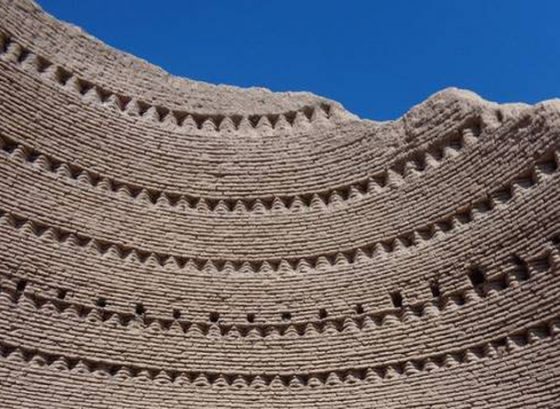UNESCO and UN-Habitat launch sub-regional project on seismic hazard and risk analysis

From 29 November to 1 December, the UNESCO Tehran Cluster Office and the UN Habitat Office in Tehran organized the kick-off meeting of a unique joint project on seismic hazard and risk analysis covering Afghanistan, Iran, Pakistan and Turkmenistan, AVA Diplomatic reports.
The project is supported by the Economic Cooperation Organization (ECO) and national partners in each of the countries, and aims at using the most recent methods and technologies for seismic hazard analysis, which will result in evaluating and re-assessing the seismicity of the four countries. Moreover an updated assessment will be carried out on the seismic hazardous parts of two selected cities in Afghanistan, Iran, Pakistan and Turkmenistan and a seismic risk map will be developed for these cities.
Training and capacity–building of national experts is one of the main components of this Project. For this, UNESCO in partnership with UN-Habitat will train a core team of experts from each of the four countries on the methodologies that will be used throughout the project and will supervise their work to carry-out the tasks under the project in accordance with the agreed methodology.
The final products of this Project will be updated sub-regional hazard maps of the four countries, seismic risk maps of selected cities, and a final report with policy level recommendations, which will be disseminated to government offices for use as a decision-making tool. These products will help streamline urban development policies to focus efforts on priority areas identified by the project and to retrofit building codes in line with the identified seismic hazards.
The kick-off meeting, which was held from 29 November to 1 December, marked an important first-step in implementation of this project. On the first day of the meeting, the participants from the four countries attended the annual earthquake and safety drill at Pasadaran Vocational Girls’ School in the Abdulabad district of Southern Tehran. In the afternoon, they visited the Geophysics Institute of Tehran University.
The following two days were dedicated to presentation by the participants from Afghanistan, Iran, Pakistan and Turkmenistan about their available data and past experiences and technical discussions with other experts from Turkey and Japan.
UNESCO as the sole UN agency with the mandate of Sciences is well positioned to contribute to global disaster risk reduction; especially that it is imperative that sciences underpin all technological innovation and engineering solutions needed to address universal challenges including natural disasters.
This Project therefore falls well in line with UNESCO’s mid-term strategy, which reads as follows: “UNESCO will promote international collaboration on the assessment and monitoring of global changes and natural hazards, including droughts and floods and geohazards, as well as tsunamis; the generation and sharing of scientific knowledge leading to the understanding of natural hazards; and by the reduction of disaster risks.”
In her opening speech, Ms. Kuisch Laroche, Director and Representative of the UNESCO Tehran Cluster Office, talked about the importance of disaster risk reduction in the newly adopted 2030 Development Agenda and the Sustainable Development Goals.
“Goals number 9 and number 11 of the 2030 Development Agenda highlight the need to reach resiliency in cities and human settlements. This more than ever urges us to come together and join our efforts to improve the resiliency of cities. I am therefore very pleased and proud of our partnership with UN Habitat and so many other important stakeholders who are here with us today to work together on the implementation of this joint project”, she said.
The Deputy Secretary General of the ECO Secretariat, Mr. Seyed Jalaledin Alavi Sabzevari, expressed the full support of his organization to this important project and said he looked forward to expanding the project in the future to the rest of the ECO member states.




